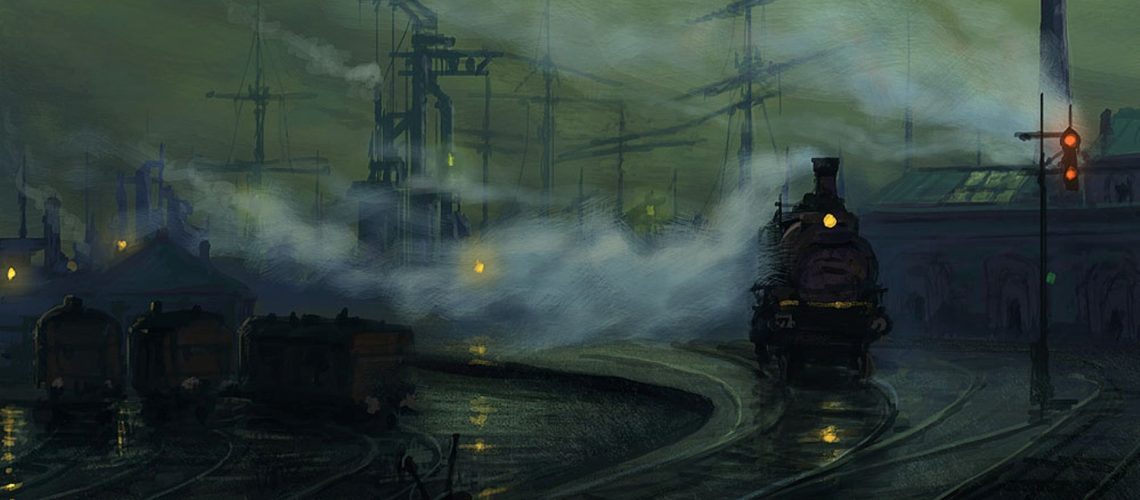Running to Stand Still, a song performed by U2 is, and has been, a favorite of mine since college. I remember the lyrics resonating deeply within me then – so much emotion, desire and frustration.
Now, with U2’s 2017 Joshua Tree Tour (and getting to see them live twice!) I am contemplating the relevance of this song to my experience as a parent, and in mentoring parents of twice exceptional children and 2e adults. The lyrics illustrate the lonely and often frustrating journey of parenting a 2e child or being a 2e adult; awakening to the realization of necessary and sometimes onerous advocacy and the final appreciation that even after a journey of learning and promoting best practices, we may find ourselves standing in the same place as when we started. With all our efforts people continue to misunderstand our children or our own life experience. In the end, we must remain true to ourselves, drive our own destiny and teach our children to recognize and celebrate their strengths and gifts.
And so she woke up
Woke up from where she was
Lying still
Said I gotta do something
About where we’re going
These first verses are the realization that things just aren’t okay in our kids’ or our own lives; that we need to re-think the environment and appreciate that challenges just aren’t going to fix themselves. This awareness begins as a steady rumble; quiet at first. As parents, when we notice unrest, we think, we hope; it’s just this year, just this teacher, just this phase. The rumbling gradually gets louder, becoming a steady reverberation. It wakes us up. We realize we’ve got to do something. This reality just isn’t going to go away. The rumble, now thunderous and palpable, indicates a depth of frustration, emotion and desperation that makes us jump up looking, sometimes frantically, for a place to go – the place where someone is not annoyed by our child and will appreciate – dare we hope – encourage, his gifts and unbridled enthusiasm.
You got to cry without weeping
Talk without speaking
Scream without raising your voice
On a recent visit to the zoo with my son’s second grade class, I saw the 2e child’s classroom experience played out in the Great Ape House. For me, this is the saddest place in the zoo. Those incredibly majestic silver backs behind glass, lying on concrete floors under faux trees. One gorilla caught my eye. He was lying on the floor, head cocked toward us, staring while mindlessly volleying a ball to himself. Up. Down. Up. Down. Up. Look away. Down.
Immediately my mind jumped to the twice exceptional kids’ life experience; trapped in a box, forced to suppress creativity and exuberance, spending hours each day repressing their natural instincts just like harnessing the great ape’s power and grace – the boredom, relentless banality and submission to someone else’s agenda.
Clients tell stories about their children suffering consequences for running out of the classroom, or refusing to do rote homework, or politely excusing themselves to spend most of school in the bathroom. “Wow!” I think to myself. “Bravo to them for not disrupting, breaking or hitting anything, or saying something inappropriate.” They scream without raising their voice. How does that ape sit in the glass box and take the concrete jungle lying down? How do our magnificent children spend all day waiting to learn something new? Receiving knowledge drip by drip when they’re equipped to drink from a hose? Expecting to share sparks and looking for someone who wants to be lit on fire? Waiting to be understood? Hoping to be appreciated for their unique way of thinking?
She runs through the streets
With eyes painted red
Under a black belly of cloud in the rain
Parents too, exercise great restraint. Clenching their fists in frustration, tears of anger streaming down their face, they tell me story after story of a teacher, an administrator, a fellow parent who shakes their head and pathologizes their child, blames them as parents always, always with obvious and cruel judgment, as though they understand and know exactly how they would handle it, if only it were their child.
In through a doorway she brings me
White gold and pearls stolen from the sea
She is raging
She is raging
And the storm blows up in her eyes
Parent’s realize their children’s reality and want desperately to change the situation. Everything fights against them, no matter what they try, no matter how much they are willing to pay, no matter what they say, they don’t get anywhere. They’ll do whatever it takes to let their bright sun of a child shine, looking for someone who doesn’t shield their eyes from the glow but soaks up the rays.
She will suffer the needle chill
She’s running to stand still
Much to their chagrin, many parents find themselves frozen in their tracks – there is no “forever fix.” The realization they reach is that the only solution is to alter others’ perceptions. But changing culture is an arduous task. They themselves may have altered their own preconceived notions. So, the emotion wells up, anger takes over, bubbles over, and bridges are burned. Now all their efforts were seemingly for naught, they experience the icy stinging conclusion that they ran to nowhere.
The Zohar, a mystical interpretation of the Hebrew Bible and the basis for Kaballah, talks about angels in a way that describes our twice exceptional children’s experience.
“Of the angels it is written: ‘He makes His angels spirits’ (Psalms 104:4). But when they descend, they put on the garment of this world. If they did not put on a garment befitting this world they could not endure in this world and the world could not endure them.”
If only the world was set up to encourage our twice exceptional angels to be themselves. How much can we or do we want to ask our twice exceptional children to hide their spirit and nature?
Step on a steam train
Step out of the driving rain, maybe
Run from the darkness in the night
A realization occurs. Parents figure out that just as hard as it is for them to find people who understand their child, it’s just as hard for their children to conform – and they really don’t want them to.
Parents are their children’s best advocates. To keep their child’s self-esteem intact, they must part ways with standard and status quo and move away from all the negativity. They must turn their efforts toward helping their children see their differences as strengths and knowing that with each step away from ignorance and darkness they move toward the light – where their child is able to express his gifts toward experiencing something worthwhile.

Author: Julie F. Skolnick M.A., J.D.
Julie Skolnick, M.A., J.D., is the Founder of With Understanding Comes Calm, LLC, through which she passionately guides parents of gifted and distractible children, mentors 2e adults, and collaborates with and advises educators and professionals on bringing out the best and raising self-confidence in their students and clients.



6 Responses
Thank you for this. You obviously understand my world :). I have a highly creative, divergent thinking, imaginatively driven – gifted daughter. She has changed my world (for the better), opened my eyes, changed my perceptions of people in general, and given me my passion. I have gone from a public school supporter, to an homeschooling/unschooling advocate – at least for creatively gifted and 2e kids. I know not all people can homeschool their children, I was thrown into it unwillingly myself, my daughter had a breakdown from severe emotional bullying in school (and unbenownst to me at the time her gifted sensitivities etc.) in 4th grade – at only 9 years of age. It has taken 7 years since, to build her back up, to educate myself on gifted kids, to learn how to support her creativity and divergent way of thinking, but now, she is doing awesome. Awesome doesn’t mean though that her struggles are gone, she still possesses every inherent characteristic that gifted kids do, she struggles with anxiety and existential depression and more, but, the difference is she has coping skills now, and we have turned to interest-based, child-led learning. She is pursuing her dream and lives passion of being a character designer and animator, creating animated series to teach kids like herself – self-acceptance and lessons learned – to help them deal with family, emotional, and psychological dysfunction – she feels for other gifted kids, and for sensitive people in general – and sharing her characters and their stories is her unique way of helping, this has been the most important aspect of her recovery, a place to put her thoughts and feelings, and help others. Today, through the gifted children Meetup support group we started together, I advocate and coach families of gifted, 2e and highly creative kids, it has become my passion, much like yours I can tell. I have learned soooo much through raising my very special daughter, my hope is that through education and articles like these, others slow down enough to see what their own unique children have to teach them. Thank you for this unique perspective on 2e and in my eyes, creatively gifted, children.
Thank YOU Julie for your wonderful comment and for sharing your own personal story. I hope we can connect some day soon. Any chance you will be at SENG later this week? I am presenting on Friday afternoon 2:15-3:15 and would love to see you!
How very profound. I am always so proud of you and the wonderful work you do helping people with you insight.
This resonates with me so profoundly! Thank you!! Often just seeing your feelings and experiences written is enough to provide a moment of relief in the rage! Keep the words coming x
So glad to resonate with you Julie! Thanks very much for your comment.
Truly enjoyed this. I am 67 now, and probably was 2e before there was 2e. I am lucky that my parents did many things right without even knowing it. Thank you.